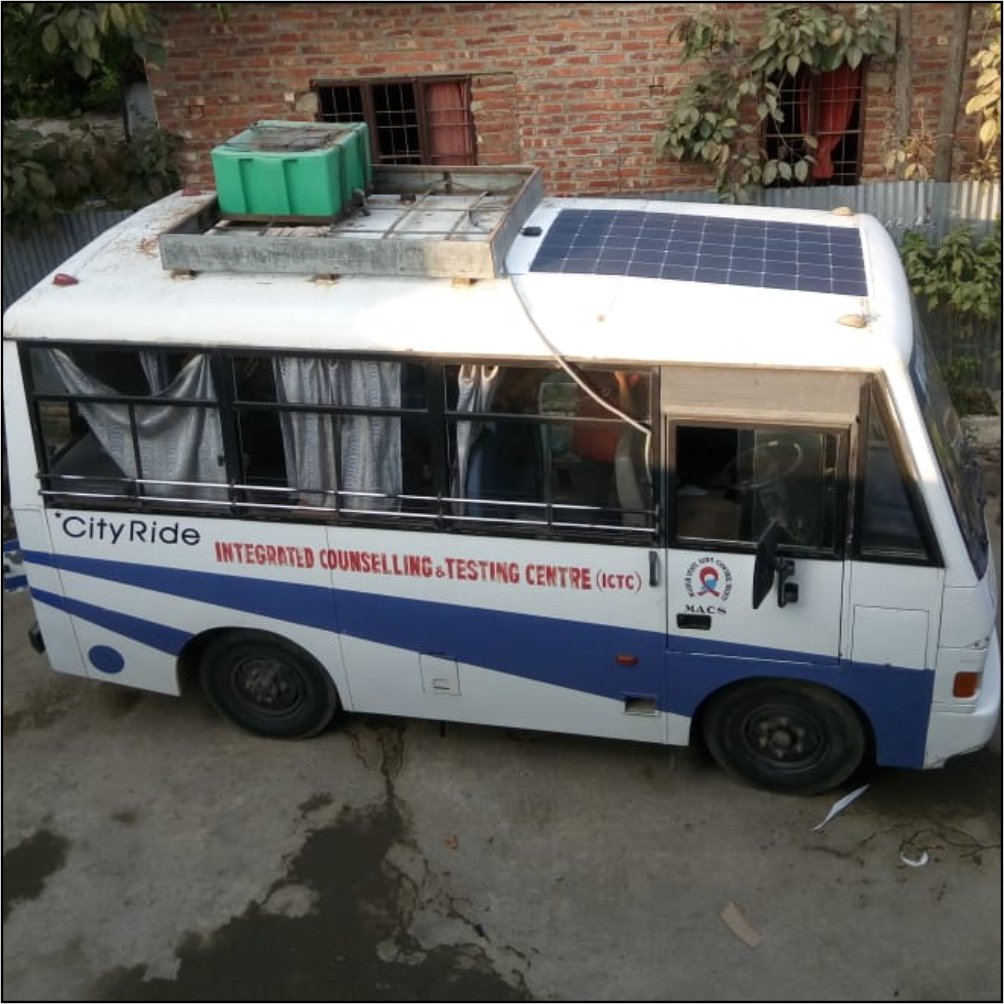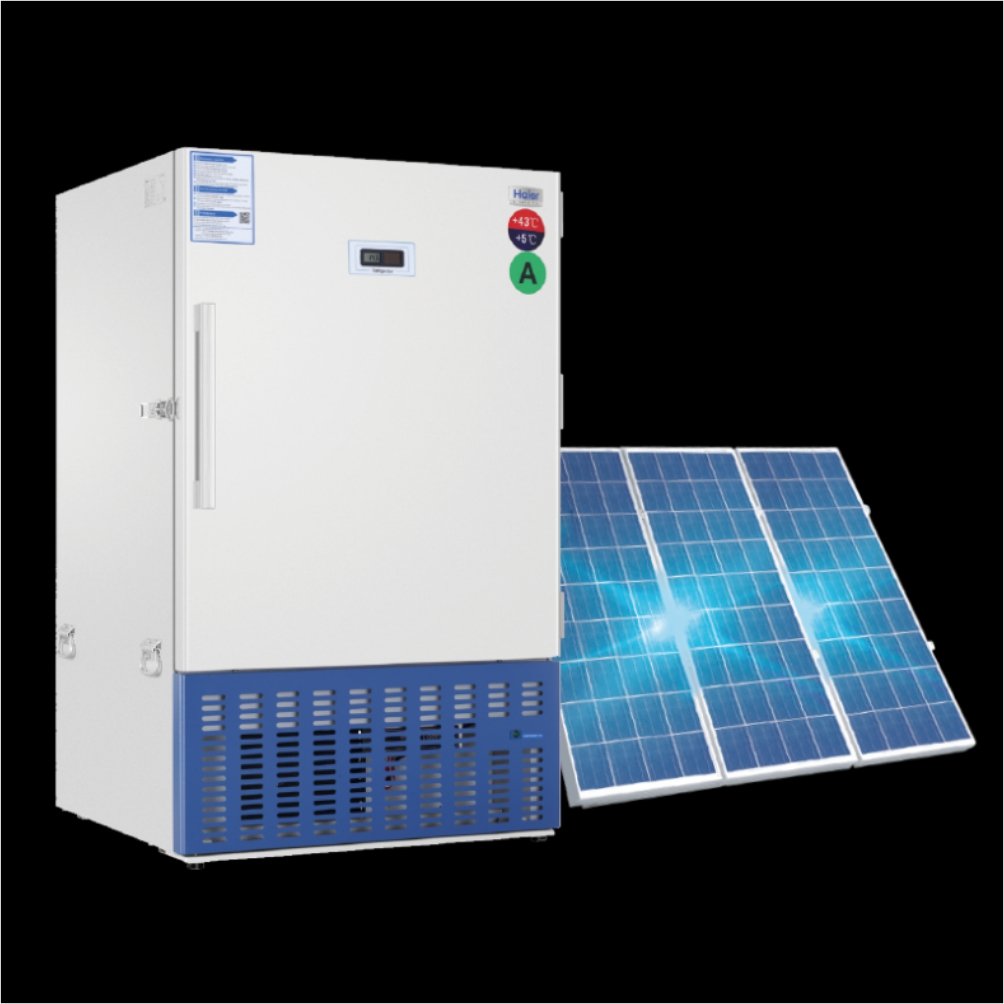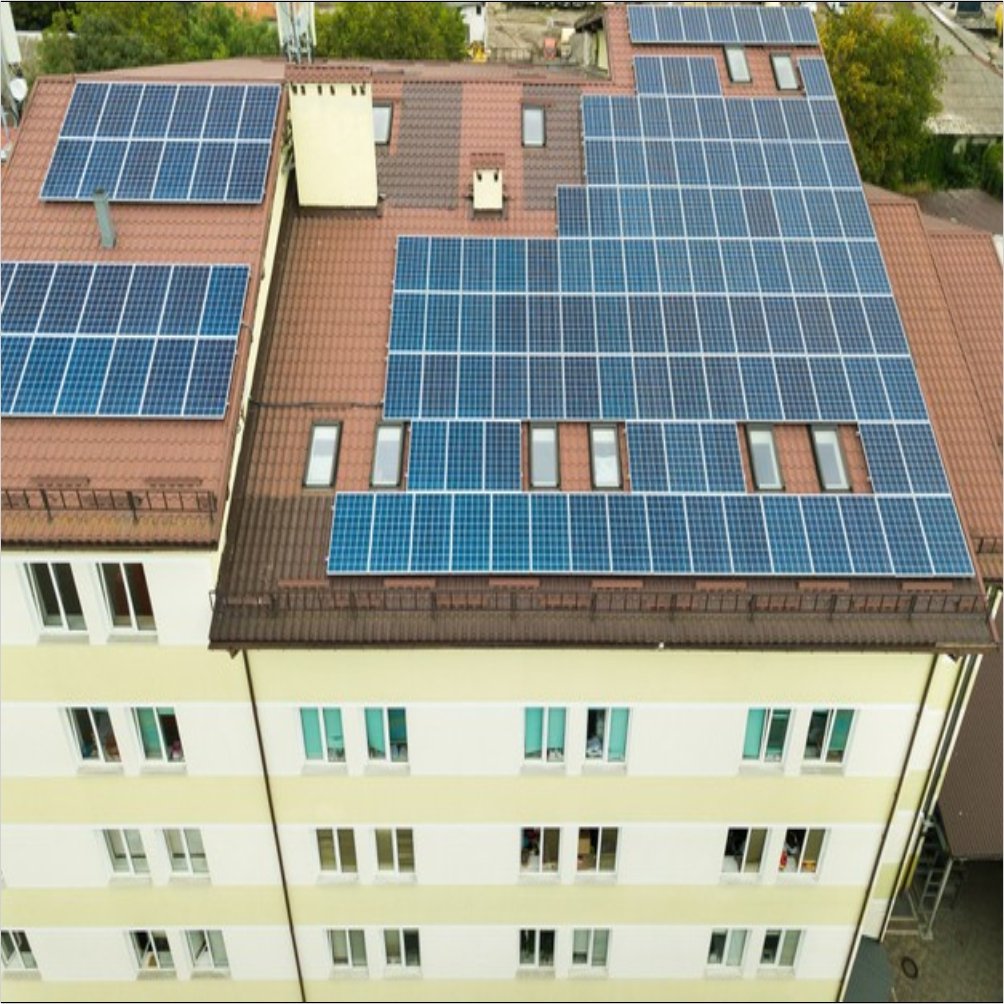
Solar-Powered Mobile Health Clinic
Enables healthcare services in off-grid regions, improving access to medical care for underserved communities
Provides consistent power supply for medical equipment, ensuring uninterrupted healthcare services
Enhances community resilience by offering healthcare services that are not disrupted by power outages or fuel shortages
Environmental Friendly by reducing CO2 emission into the atmosphere, helping to acheive many of the SDGs


